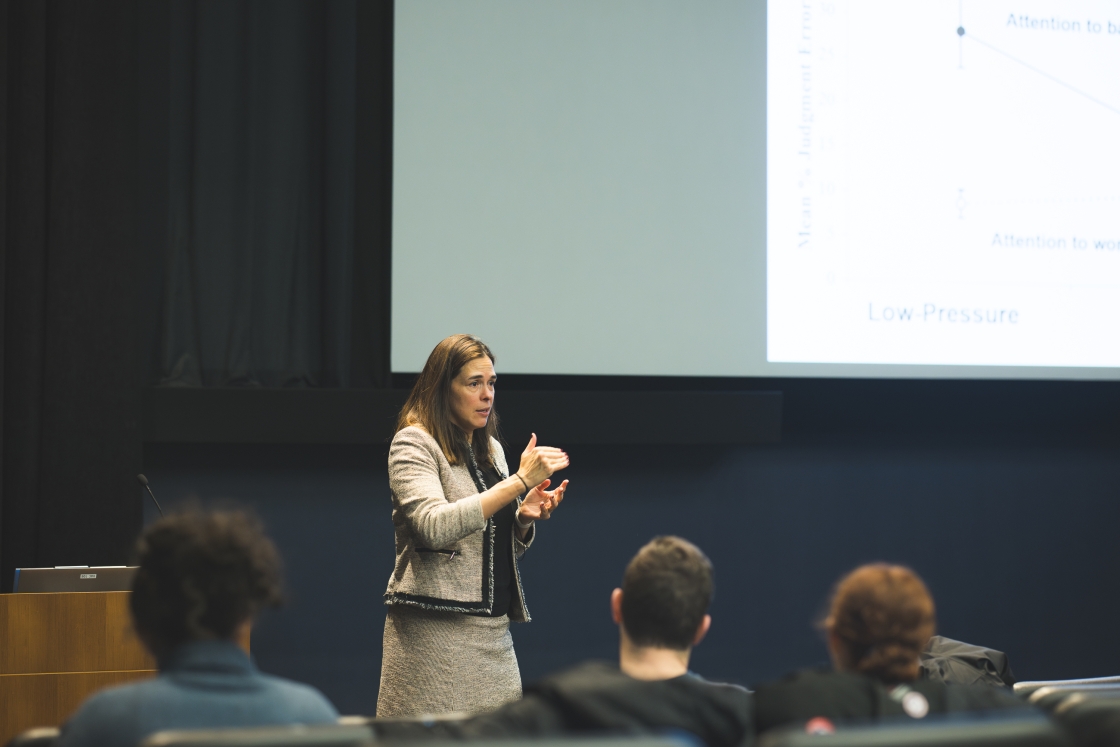The winners of Dartmouth’s 2017 “Turing Tests in the Creative Arts” were revealed this week at the Music Metacreation Workshop, part of the International Conference on Computational Creativity, in Atlanta.
Named for the pioneering mathematician Alan Turing (hero of The Imitation Game), and sponsored by Dartmouth’s Neukom Institute for Computational Science, the second annual Turing Tests asked machines to create sonnets and stories that were hard to distinguish from human output. And, in a new twist this year, computers had to convincingly play music—even dance—alongside people.
The contest challenged the judges to rate the poetry, literature, music, and dance created by the machines against works created by humans. Awards went to the artificial intelligence creations that were deemed the most indistinguishable from human work. In one of this year’s categories, there was no winner, as the challenge proved too difficult to meet.
“Human-machine collaboration was a new theme in this year’s challenge,” says Dan Rockmore, the William H. Neukom 1964 Distinguished Professor of Computational Science. “The results of this year’s Turing Tests move us away from the debate around humans versus machines, and move us toward the more optimistic setting of investigating the ways in which machines and humans can work together.”
To pass the Turing Test, each entry had to convince the majority of judges that machine-generated content was created by a human. The “Music Plus One” submission in the AccompaniX category was the only winning entry that achieved this standard.
“We were very excited that the winning AccompaniX entry effectively passed a Turing Test for musical accompaniment,” Rockmore says.
Winners of the 2017 Turing Tests in the Creative Arts:
PoetiX: Machine-generated sonnet indistinguishable from human poetry—Charese Smiley, Thomson Reuters.
AccompaniX: Machine-generated music accompaniment indistinguishable from a human composition—Christopher Raphael, Indiana University.
DanceX: Machine-generated dance accompaniment indistinguishable from a human partner—Single-entrant prize awarded to ADAM Lab, Georgia Institute of Technology.
DigiLit: Machine-generated short story indistinguishable from a human story—No entrants due to category difficulty.
First-prize winners and other entrants in each category shared award money totaling $5,000. Complete details on the event and winners can be found on the Turing Tests website.

